This is a Crash Blossom
- 54 Posts
- 204 Comments
Are they royal gnomes?
You are WRONG! That is Cunningham’s Law!
(Hook, line, and sinker)
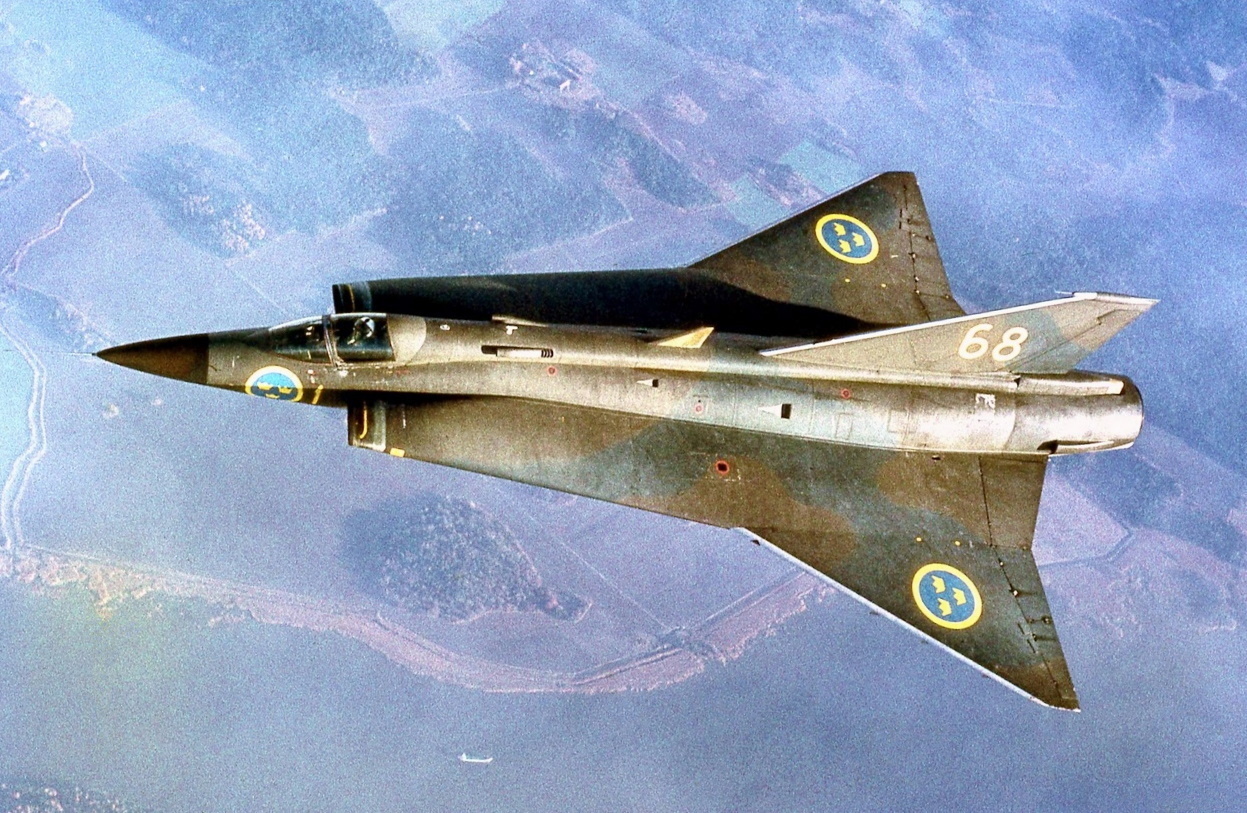
 2·7 天前
2·7 天前You can use AppArmor to semi-automatically generate security profiles for each app. Once the profiles are in place, it will enforce Mandatory Access Control, securing each app that has a profile.
Here’s a guide, it’s designed for Ubuntu but will work with any distro.
Vimes picked himself up off the greasy cobbles and stared at the Librarian.
He was experiencing something which had come as a shock to many people,
usually in much more unpleasant circumstances such as a brawl started in the Mended Drum when the ape wanted a bit of peace and quiet to enjoy a reflective pint, which was this:
the Librarian might look like a stuffed rubber sack, but what it was stuffed with was muscle.

 1·9 天前
1·9 天前how original, never heard that one before
how original, never heard that one before /s
 1·10 天前
1·10 天前You should probably confine that sort of remark to something artistic.

 172·11 天前
172·11 天前Maybe it’s a leftover habit from the COVID pandemic?
- You can’t win
- You can’t break even
- You can’t get out of the game
KILL DASH NINE! No more CPU time!
(Watch on 1.25x speed for best results)

 3·12 天前
3·12 天前This would be trivial to create manually. AI generating this is a waste of electricity, and a waste of prompts if you’re on free trial. Why?

 2·13 天前
2·13 天前The phenomenon is called Gell-Mann amnesia

 2·13 天前
2·13 天前Now I’m waiting to see Maniac Bug!
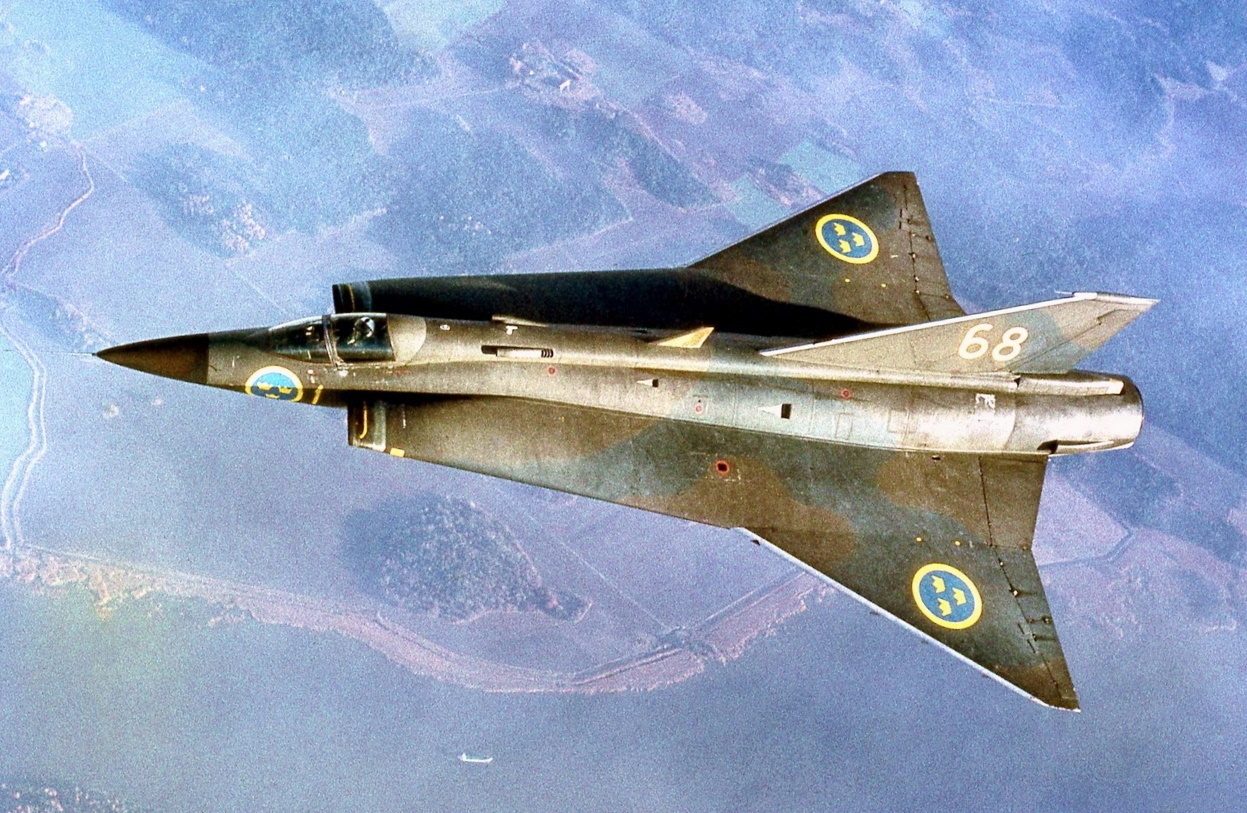
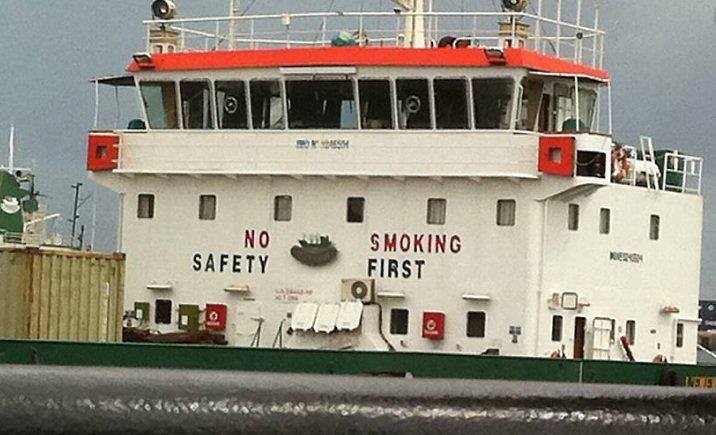


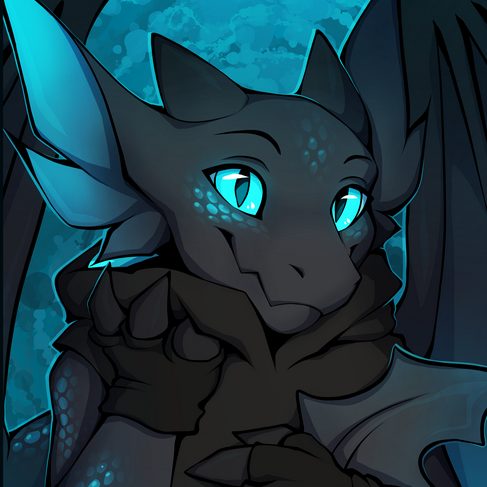










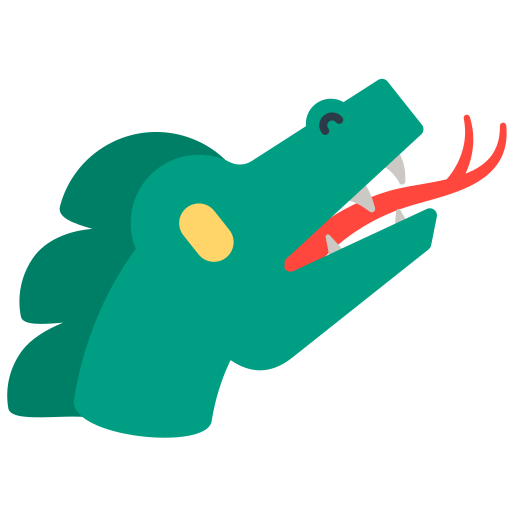






Dick King-Smith my beloved